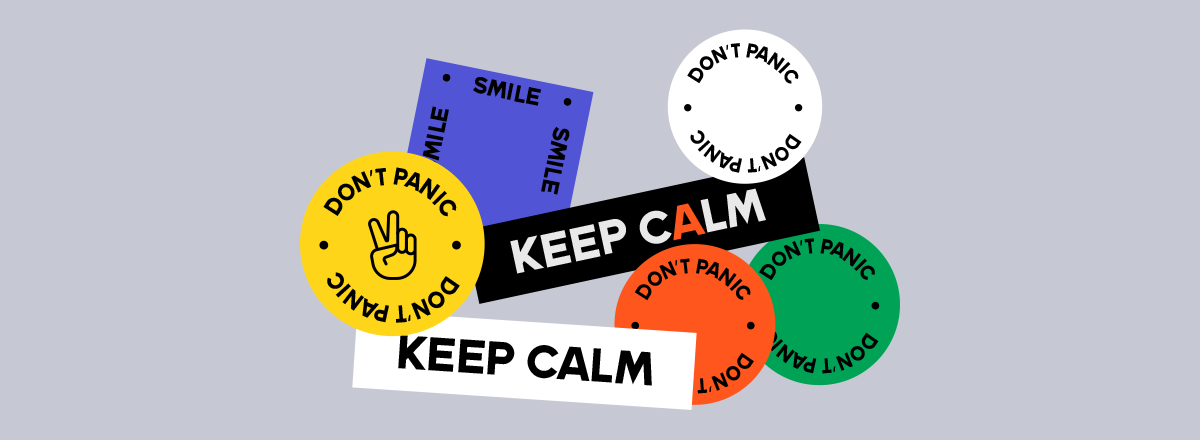If you launched a startup at the beginning of this year and now you think it was a big mistake, do not lose heart. We have good news for you: startups can and should be developed even in a crisis. Desperate times call for unobvious decisions!
1. Cut costs as much as you can, and then cut them one more time
During the pandemic, the revenues of not only startups but also large enterprises fell sharply, and projects began to look for additional investments. This is a natural reaction for newcomers in the market: they feel they are already making do with minimal resources and see no way to cut costs. However, projects still often have the opportunity to save money.
For example, you can transfer all your teams to remote work. Especially since remote work is the basis of safe survival during a pandemic. Just make sure you provide information security of your remote team.
2. Rebranding is the key
Rebranding is radical, but it is definitely worth it. Oddly enough, a pandemic is the best time for rebranding, and here's why:
- Rebranding will become a kind of indicator of how you react to changes and how ready you are to adapt to new rules.
- Self-isolation has generated a vast audience hungry for entertainment. Rebranding can grab the attention of users if they see an engaging new logo in their news feed. Hire a professional designer to create a striking and memorable design.
3. Change the development direction of your startup
If your business is seriously affected during the pandemic, change the direction of your startup. Before starting a company, you probably studied the market and your competitors, so if some of them are doing better during a pandemic, analyze and adopt someone else's experience.
Look at Israel: the country has been producing cyber weapons for many years, the developers of which have gradually switched to the private sector. Some of them began to earn money not by producing new cyber weapons, but by creating protection against it.
4. Don’t be afraid to take action – take a risk
Don't sit still and do nothing – do something! Business newcomers decide to do nothing and wait out the crisis. This may seem like a smart strategy, but in reality, survival under challenging times depends a lot on startups and their founders' proactiveness. To survive, you need to be decisive and flexible.













